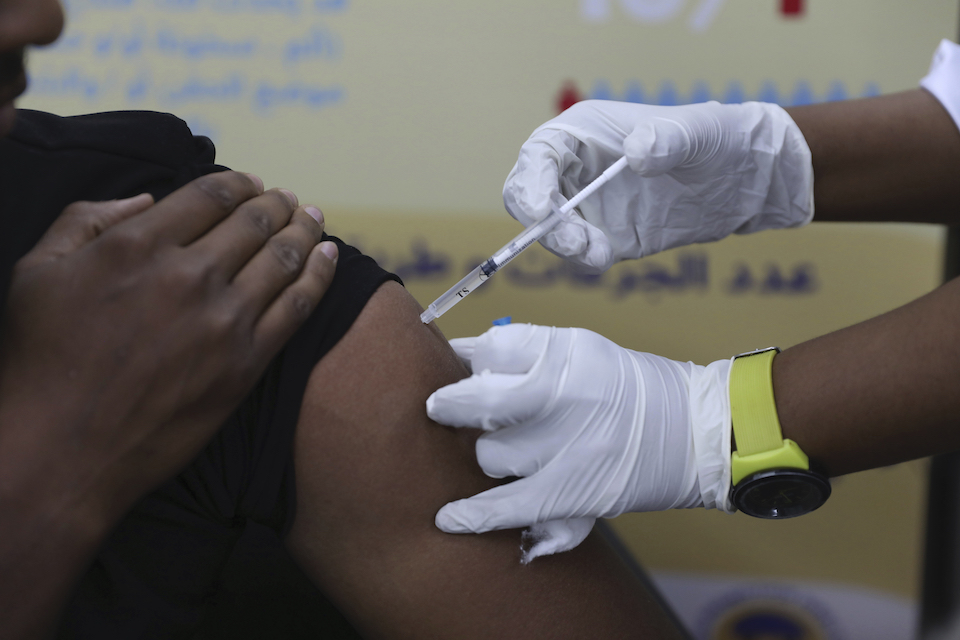
The risks of death and hospitalization from Covid-19 are now much lower as the coronavirus has become less deadly but more contagious. For some, life has returned to normal. For others, masks and restrictions remain a personal choice. In any case, questions remain that require documented answers.
The New York Times turned to three experts – two immunologists and an epidemiologist – to answer some of the hundreds of questions submitted to the newspaper by readers. Below are some of these questions and answers:

Experts
- Akiko Iwasaki, Anesthetist at Yale School of Medicine
- Jennifer Nuzzo, epidemiologist and director of the Pandemic Center at Brown University’s School of Public Health.
- Marion Pepper, immunologist at the University of Washington.

Akiko Iwasaki: While it may seem like Covid is now like the flu, the data shows that it still causes more hospitalizations and more deaths than the flu. That is why it is so important to follow the recommended vaccination schedule and start booster doses.
Jennifer Nuzzo: It is important to understand that the virus will not go away and will remain a threat for the foreseeable future. We know that tools like masks and tests help mitigate risks and that outdoor meetings are safer than indoor meetings. We also know that many people who were very careful got infected anyway. My advice to anyone who wants to reduce the risk of infection is to cover up when entering a crowded area, especially when the number of cases increases.
Marion Pepper: Research conducted in our and other laboratories has shown that while a previous infection provides some immune protection, receiving an additional vaccine greatly enhances this immune response, thereby promoting even greater immune protection. So yes, additional vaccination will help.
Jennifer Nuzzo: Several studies have shown that hybrid immunity (vaccine plus infection) may be more protective than infection alone. Thus, vaccination is likely to provide additional protection. The U.S. Centers for Disease Control and Prevention recommends delaying vaccination until three months after exposure (from the date of onset of symptoms or the date of a positive test).
Akiko Iwasaki: The reported effects of vaccines in preventing long-term Covid vary between studies. Some say vaccines halve the chance of prolonged Covid, while others see a decline of around 15%. Vaccines are likely to reduce the risk of long-term Covid, and booster doses contribute even more.
Akiko Iwasaki: Based on the fact that immune responses are enhanced with each exposure, the risk of long-term Covid is likely to be reduced. It is impossible to say exactly what will happen in the next five years, but most of what we know suggests that repeated exposure will lead to milder effects.
Jennifer Nuzzo: For now, research suggests that the risks of long-term Covid in children appear to be low and much less common than in adults.
Jennifer Nuzzo: There is no set situation that represents the “end” of a pandemic. The virus that caused H1N1 in 2009 continues to infect people every year like the seasonal flu virus.
Like the H1N1 virus, it is clear that the virus that causes Covid-19 is not going away. But how this will happen in the coming months and years is unknown. I believe that we will reach the point where the virus is no longer a daily problem. This is when there is no more worry about hospitals being overwhelmed with patients.
Vaccines and treatments help us achieve this. Being aware of vaccination schedules, adhering to those vaccination schedules, and ensuring that people at high risk can access treatment are key.
Jennifer Nuzzo: Covid-19 has greatly increased our preparedness. We have seen that, with political will and scientific determination, we can develop many safe and effective vaccines, rapid tests that can be used at home, and new medicines to treat infections.
However, worrying gaps remain. In the United States, we underfund and understaff our public health departments to meet emergency needs. Instead of withholding emergency funding whenever political attention wanes, we need to keep each ministry of health supplied with sufficient staff and up-to-date data systems.
Marion Pepper: The additional funding will accelerate the development of drugs and vaccines and ensure that the tools to respond to the next pandemic are available when it occurs. The will seems to be there, but we’ll see if it translates into better funding and preparedness.
Source: New York Times.
Source: Kathimerini
Anna White is a journalist at 247 News Reel, where she writes on world news and current events. She is known for her insightful analysis and compelling storytelling. Anna’s articles have been widely read and shared, earning her a reputation as a talented and respected journalist. She delivers in-depth and accurate understanding of the world’s most pressing issues.